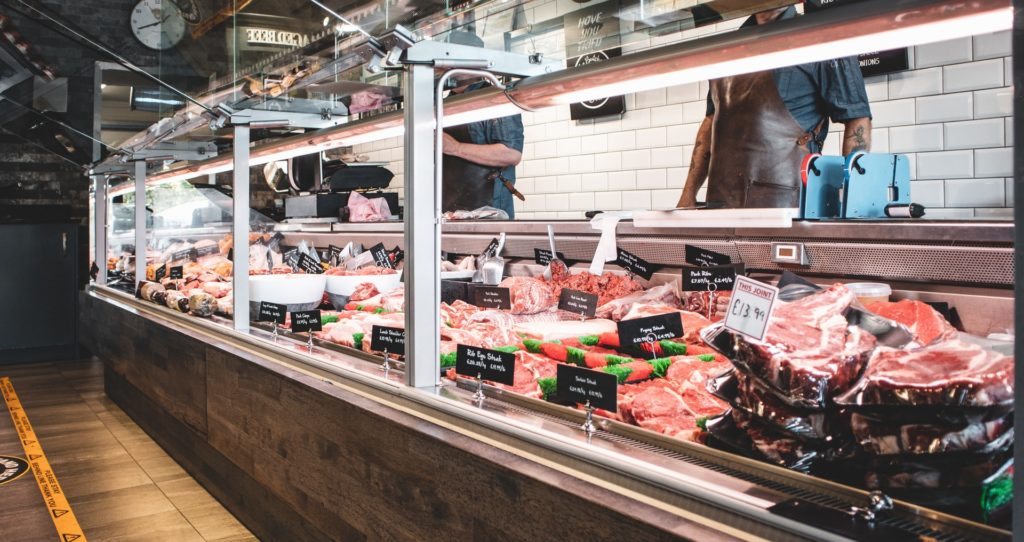The price of chicken in grocery stores has risen by eight cents this week, and the cost of pork jumped 20 cents last week, according to the Flemish infocentre for agriculture and horticulture (VILT).
The Dutch Poultry Federation said even those price increases are barely enough to compensate for the rise in feed costs facing the sector as a whole, which is causing some poultry farmers to consider cutting back production.
“Because of bird flu and also the war in Ukraine, there is currently no import from countries like Poland, Germany and the Netherlands,” explained Danny Coulier, chairman of the National Poultry Federation.
“Imported meat is mainly used in the processing industry and they are now buying more Belgian meat.”
An ‘unprecedented’ increase
Ukraine is a major producer of chicken; since the Russian invasion, it has been noticeably absent from the international market. In just one month, the price of chicken has risen from €1.11 per kilo to €1.24, and this week’s eight-cent rise was the largest to take place so far.
“That is an unprecedented increase,” said Eric Hermy, poultry expert at feed company Quartes.
Related News
- Consumers to foot the bill for increased fuel prices, transport sector says
- Mustard an unlikely victim of the Ukraine conflict
- Prices in supermarkets already up 3 to 5%
In addition to imports running low, the Belgian chicken supply is also below last year's level.
“Due to high feed costs and energy prices, Belgian broiler farmers have put up fewer chickens,” Coulier said. He estimates that supply from Flanders farms is down 15% in recent months.
Consumers carry the cost
Prices for chicken in Belgium are set in a special committee consisting of six producers and six buyers, who meet weekly and negotiate the so-called “Deinze quotation.”
As a result of this, despite the lower supply, Coulier said the processors also “have a lot of trouble passing on costs to the retail.” Ultimately, they often end up being footed by consumers.
“Feed costs are currently at an extremely high level. It must be possible to pass on these costs, otherwise there is no point for chicken farmers to produce.”
About 80% of the costs in broiler farming consists of feed, and in one month the price of wheat – a common choice for feed – has risen from €270 to €420 per tonne.
“Beef and pork will also become more expensive,” said Hermy. “Poultry meat remains the cheapest type of meat, which could increase its relative share of consumption."

